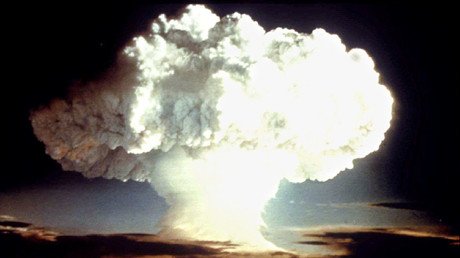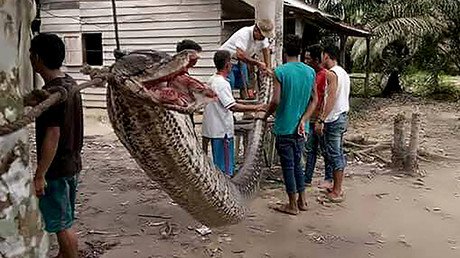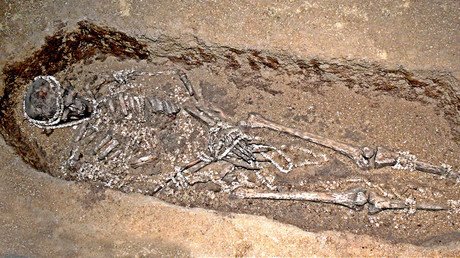‘Crimes against humanity:’ France to face lawsuit in ICC over nuclear tests in French Polynesia
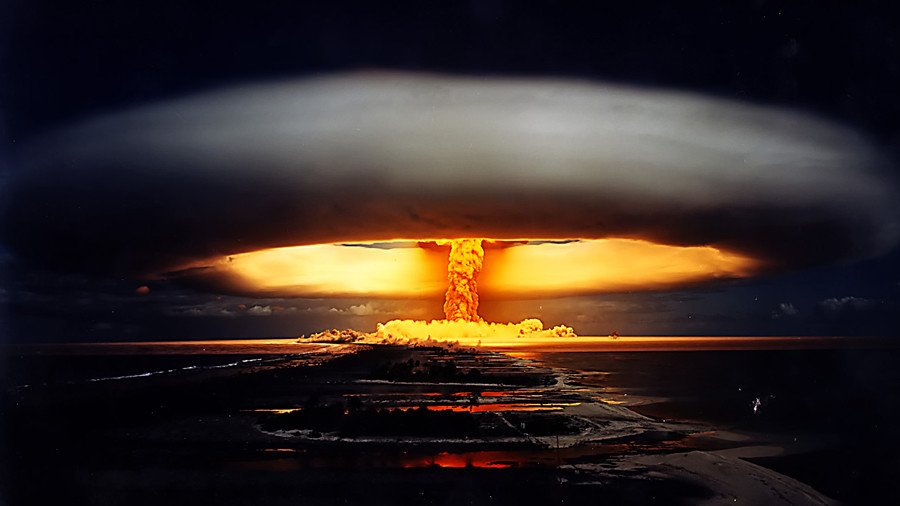
A suit has been filed against France with the International Criminal Court over the nuclear tests conducted in the South Pacific. While local studies say the tests led to cancer, Paris is reluctant to take responsibility.
The move was announced by the French Polynesia’s former president, Oscar Temaru, at a meeting of the UN commission focused on decolonization."This case aims to hold all the living French presidents accountable for the nuclear tests against our country,” he said, as cited by AFP.
Temaru slammed all the tests as “crimes against humanity.” He said that he sees “French nuclear tests as no less than the direct result of colonization” and added that filing a lawsuit was a moral duty to “all the people who died from the consequences of nuclear colonialism.”
The tests had provoked 368 instances of radioactive fallout, Maxime Chan, a member of a local association for the protection of the environment, told the UN committee, adding that the radioactive waste had also been dumped into the ocean in violation of the international rules.
In January, French Polynesia's health ministry released figures showing that some 9,500 people have been diagnosed with cancer in the last 15 years. The total population of the French Pacific territory is about 290,000.
Breast, lung and thyroid cancer have been identified as the most common types of cancer on the ministry’s list. Earlier studies conducted in the 2000s established a “significant statistical relationship” between thyroid cancer rates and exposure to radioactive fallout from French nuclear tests.
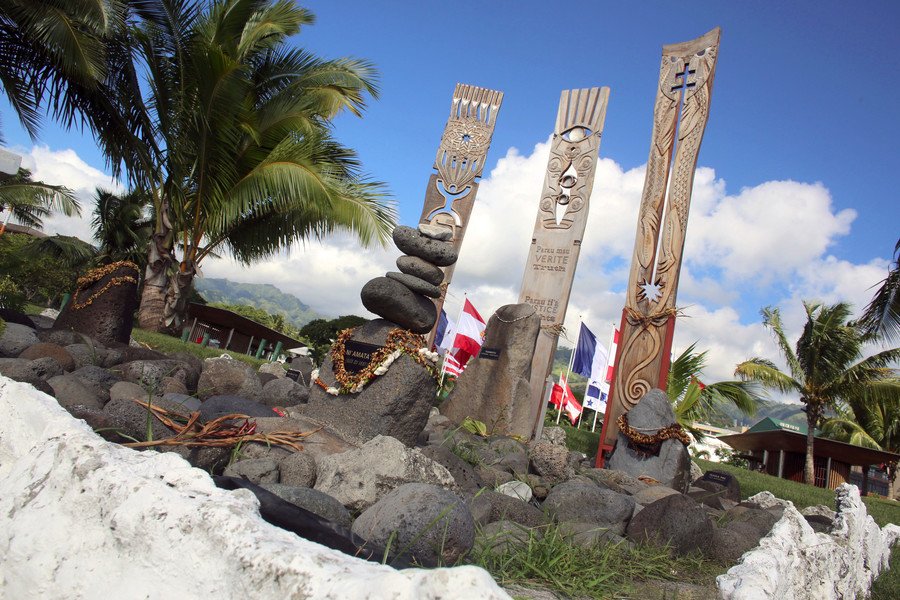
French Polynesia is one of France’s overseas territories, which is located in the Pacific Ocean and consists of more than 100 islands and atolls. Although it has its own parliament and the government headed by the president, its justice system, security, defense and education are controlled directly by the French government.
France’s pacific territory is mostly known due to its popular tourist island of Tahiti but some of its atolls also served as nuclear test sites for some 30 years in the 20th century. It saw 193 nuclear tests carried out between 1960 and 1996, in which 150,000 civilian and military personnel were involved, according to AFP.
France conducted its first multi-stage thermonuclear test at Fangataufa atoll in 1968. With a 2.6 megaton yield, its explosive power was 200 times that of the Hiroshima bomb, according to the Comprehensive Nuclear-Test-Ban Treaty Organization (CTBTO).
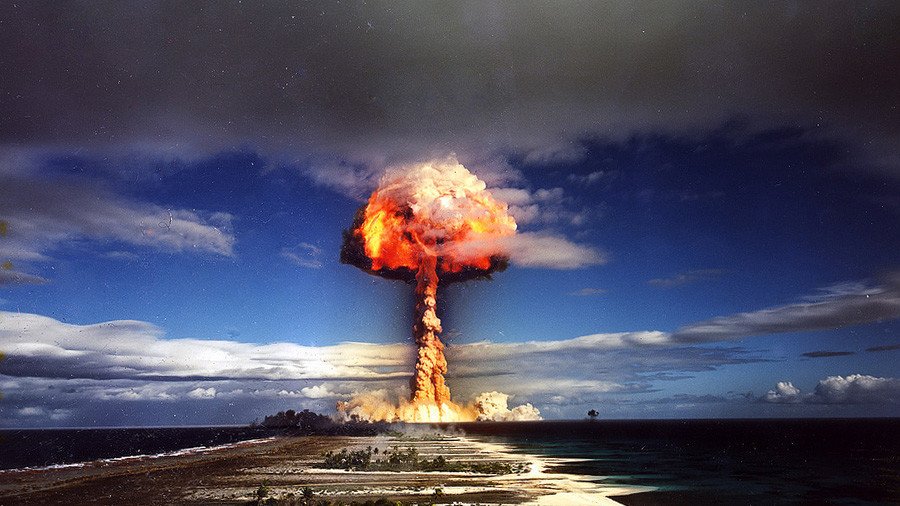
In 1996, the then president Jacques Chirac closed the nuclear test program and allocated a $150 million annual payment to the French Polynesia. Still, France long denied any responsibility for the environmental and health effects of the tests.
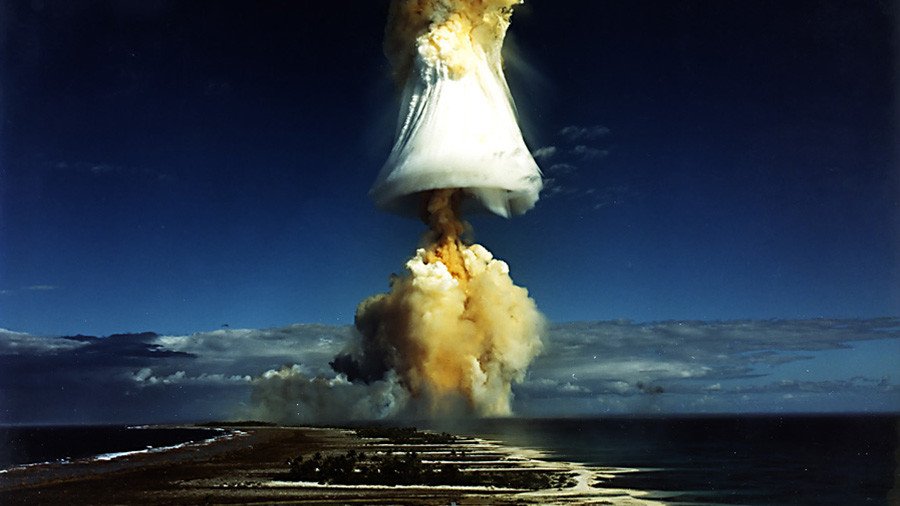
The French Polynesia has long sought to obtain compensation for damage caused by nuclear tests. In 2014, its legislative assembly put forward a demand for $930 million over “major pollution” caused by the tests. It also sought additional $132 million for the continued occupation of the Fangataufa and Mururoa atolls, used for nuclear testing.
In 2010, France did pass a law authorizing payments to the military veterans and civilians, who developed cancer that could be attributed to the test programs. However, out of 1,000 people, who filed complaints against France, only 20 received compensation so far.
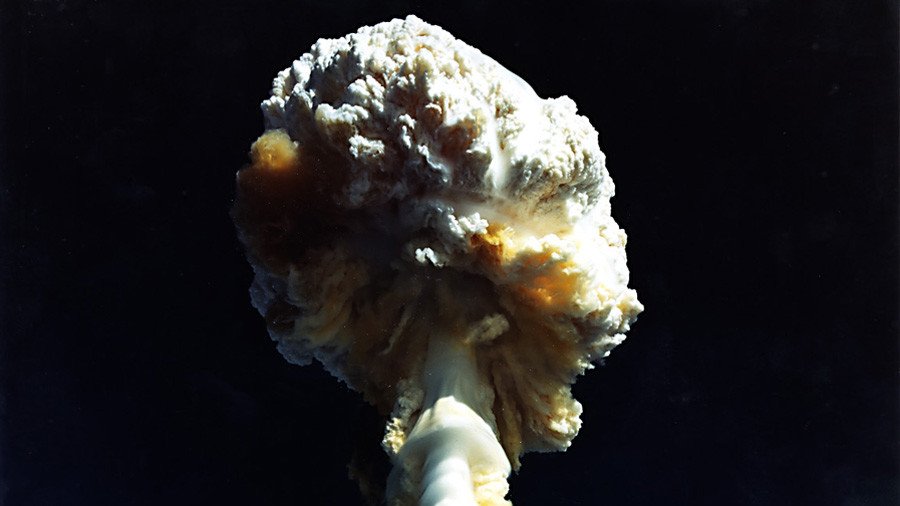
In 2013, declassified documents revealed that plutonium fallout from the tests covered a much larger area than Paris had initially admitted. The popular tourist island of Tahiti in particular was exposed to 500 times the maximum accepted levels of radiation.
Think your friends would be interested? Share this story!
